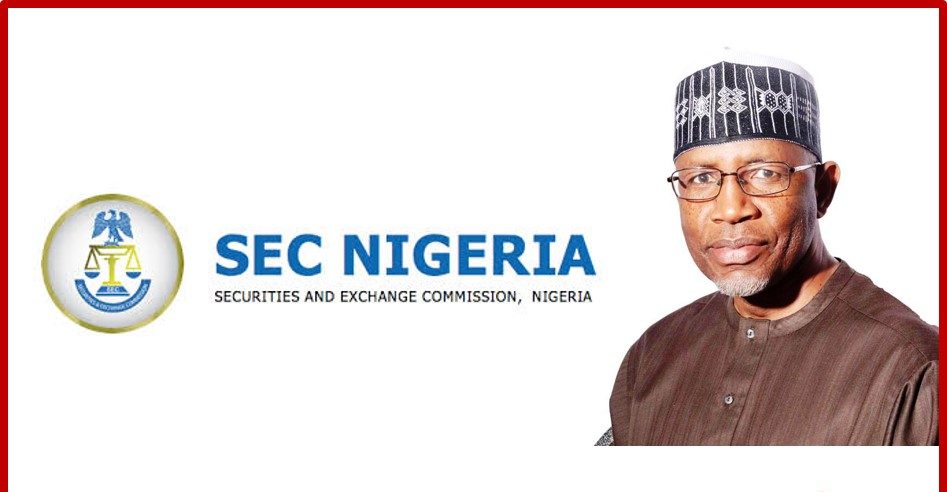Digital Assets
SEC releases rules to permit crypto trading in Nigeria
Published
4 years agoon

The Securities and Exchange Commission (SEC) has issued a body of rules and regulations that will guide issuance and transactions of digital assets such as cryptocurrency and Non-Fungible Tokens (NFT) in Nigeria.
The 54-page document titled: ‘Proposed Rules on Issuance, Offering Platform and Custody of Digital Assets’ is in addition to any requirements provided for under securities laws or any other rules issued by the Commission.
Read Also:
This may have been an important step toward legalisation of crypto trading in Nigeria as you would recall that the Central Bank of Nigeria’s last year banned banks and financial institutions from dealing in or facilitating transactions in digital currencies.
But the country’s young, tech-savvy population has eagerly adopted cryptocurrencies, for example using peer-to-peer trading offered by crypto exchanges to avoid the financial sector ban.
The new regulatory document launched by the SEC lays out registration requirements for digital assets offerings and custodians, and classifies the assets as securities regulated by the SEC.
The SEC said no digital assets exchange would be allowed to facilitate trading of assets unless it had received a “no objection” ruling from the commission.
A digital assets exchange will be required to pay N30 million naira ($72,289) as a registration fee, among other fees.
In October, Nigeria launched a digital currency, the eNaira, in the hope of expanding access to banking.
Official digital currencies, unlike cryptocurrencies such as bitcoin, are backed and controlled by the central bank.
Share this:
- Click to share on X (Opens in new window) X
- Click to share on Facebook (Opens in new window) Facebook
- Click to share on WhatsApp (Opens in new window) WhatsApp
- Click to share on Pocket (Opens in new window) Pocket
- Click to share on Telegram (Opens in new window) Telegram
- Click to email a link to a friend (Opens in new window) Email
- Click to share on LinkedIn (Opens in new window) LinkedIn
You may like


FG, SEC, NGX Group Forge Unified Direction on Capital Gains Tax Reform


Nigerian Authority Declares War on Influencers, Bloggers Promoting Fake Investment Schemes


Wema Bank Crosses N200bn Regulatory Capital Mark Ahead of 2026 Deadline


NGX Group, SEC Pursue Capital Market Diplomacy to Deepen Nigeria-China Financial Ties


Nigerian Listed Companies Paid N1.1Trn Dividends in 2024 – SEC


N1.3tn Loss to CBEX: SEC, EFCC to Punish Influencers, Celebrities Promoting Fraudulent Investments












